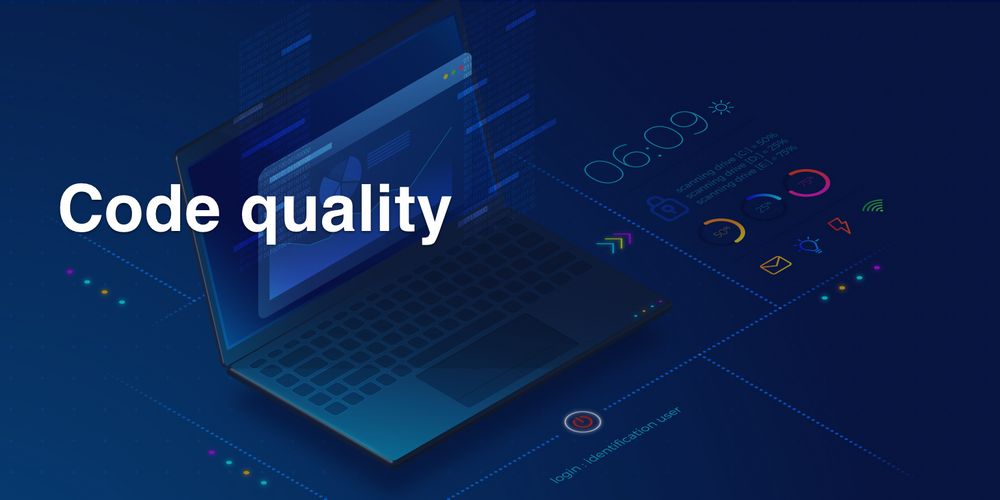1,594 reads
An Essential Guide to Code Quality
by
December 2nd, 2020

Product leader and open-source contributor. Infrastructure for AI and CI/CD. Launched and managed products with 150 mln visits and > 10 mln. active users per m.
About Author
Product leader and open-source contributor. Infrastructure for AI and CI/CD. Launched and managed products with 150 mln visits and > 10 mln. active users per m.
